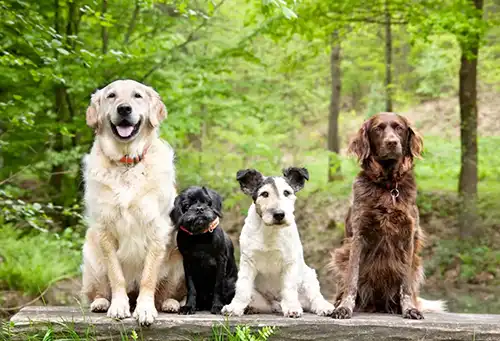Do you have a chinchilla for a pet? These cute little guys are very curious, smart, and cuddly, and make really fun pets. They do have some very specific needs, however, so you’ll want to do lots of research on caring for your tiny buddy. Read on as a Las Vegas, NV vet discusses chinchilla care.
Choose A Tall Cage
We recommend getting a cage that is at least 16? x 18? x 16?, although you’ll really want to get the biggest one you can. The cage should be more tall than wide. You’ll need to add a suitable bedding, such as shredded paper. Your tiny pal will also need a water bottle, dishes, a dust bath, some hidey-holes, and a dust bath. Ask your vet for more information.
Offer A Suitable Climate
Chinchillas really don’t do well in the heat. Keep your pet in a room that never goes above 78 F. Otherwise, the little guy could get heat stroke!
Give Your Pet Branches
Chinchillas love to climb! Offer your adorable pet some climbing branches for his cage. Don’t get them from your yard, though: these may be contaminated with fungus or pesticides.
Everybody Needs Friends
Chinchillas are typically much happier with friends. We recommend getting two or three. Just be sure to keep only same-sex pets together, though. Otherwise, you’ll end up with more chinchillas than you bargained for!
Entertainment
Your chinchilla will get quite bored with nothing to do. Offer the little guy lots of chew toys. An exercise wheel is also a good option. Just be sure to get a solid one: wire wheels can be dangerous.
Health Care
Just like any other pet, chinchillas need regular veterinary care. In between appointments, watch for signs of illness. Some common ones are lethargy, lack of appetite, limping, weight loss, discharge from the eyes or nose, and diarrhea. Ask your vet for more information.
Diet
Your chinchilla’s diet should contain lots of hay, as well as commercial food for his main meals. For treats, your furry pal can have dandelion leaves, dried rose hips, seeds, nuts, or dried fruit. You will also need to offer Vitamin C supplements, and a salt block. Ask your vet for specific advice.
If you have questions about caring for a chinchilla, please feel free to contact us. As your Las Vegas, NV vet clinic, we are here to help.






!Social Media Icons